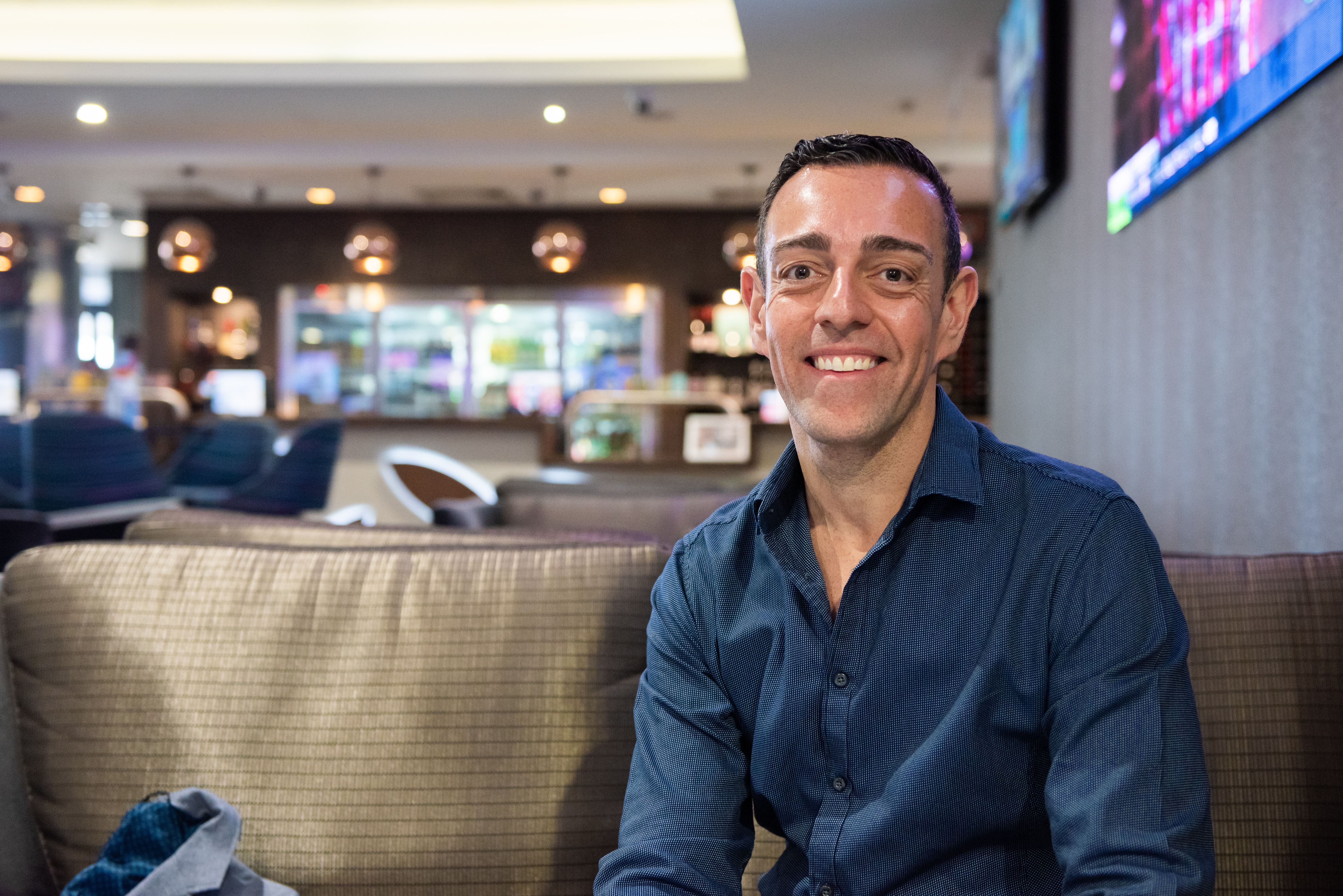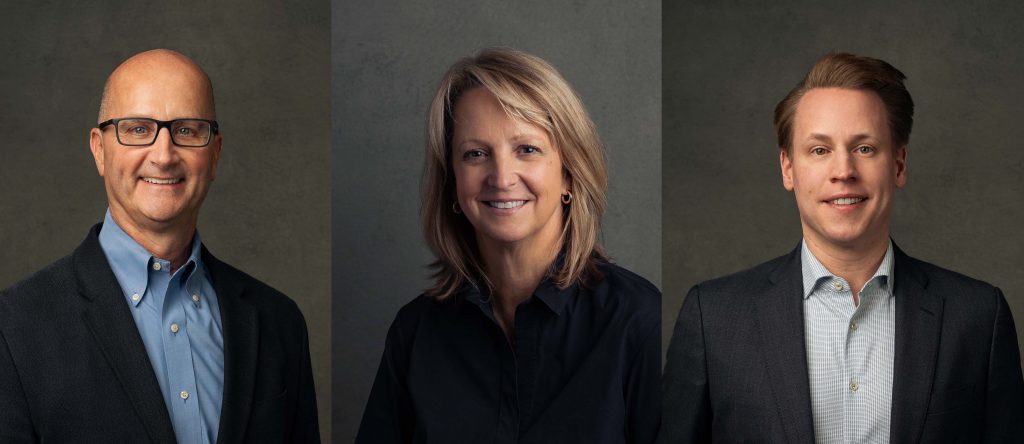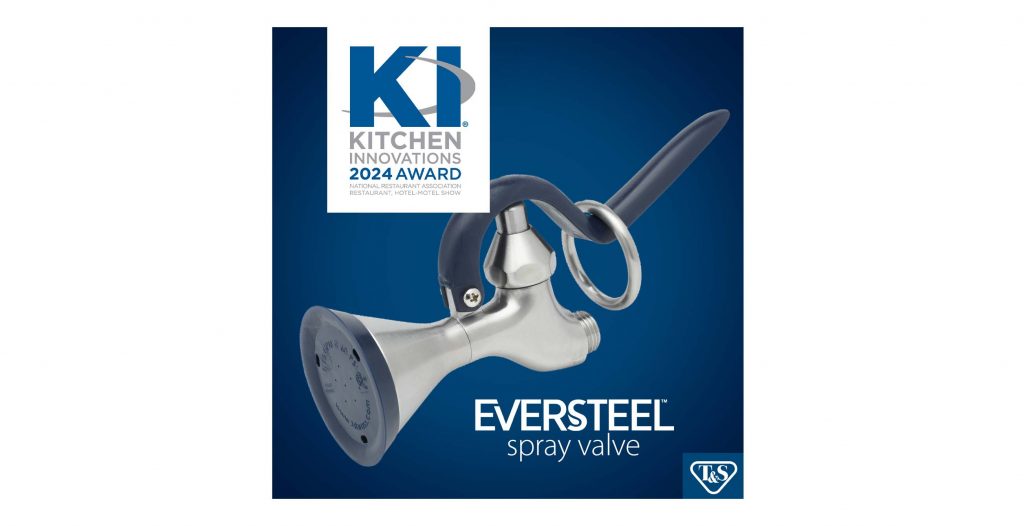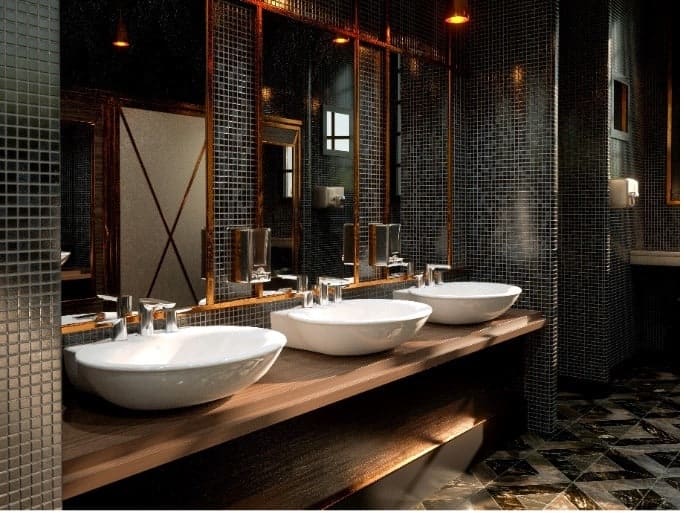
In keeping with many other nations across the globe, Australia enforced a shutdown of all non-essential businesses on 22 March, to mitigate the impact of coronavirus.
While many restaurants and cafes are able to continue with delivery and takeout services, clubs, hotels and pubs have been asked to cease operations entirely.
This means that, for the time being, Catering HQ and its five venues across Sydney have shut their doors. The effect on the business, its staff and the communities it operates in is devastating, but managing director Steve Sidd FCSI is determined to use the experience to make the company even better for the future.
A quickly shifting landscape
“When the virus first came into play, the steps we needed to take were things like removing crockery and cutlery on the tables, salt and pepper shakers, menus,” says Sidd. “We basically stripped out all our restaurants and dining rooms to be completely minimalistic to give our patrons peace of mind that they were coming to an environment that was hygienic and clean – that we were taking the matter very seriously.”
Hand-sanitiser pumps were introduced, staff wore rubber gloves and surfaces were regularly and thoroughly cleaned. Plastic cutlery was even provided for those who were particularly concerned, as well as disposable menus.
But, as the virus gathered pace and the government enforced more restrictive regulations, the logistics of maintaining social distancing became more and more difficult. With fewer customers willing to risk venturing out, dining areas that had been able to seat up to 460 people were left empty.
“Every day something changed,” says Sidd. “Obviously, the impact on revenue was horrific. Our day-to-day trade had a huge drop and functions across our 22 event spaces were non-existent. While we postponed events where we could, many cancelled and we chose to honour full refunds.”
The company also had to reduce its labour significantly and ended up letting go 90 of its 230 employees. “From a typical night where we would have 12 chefs in the kitchen, 11 floor staff, plus kitchen hands and kitchen porters, we had to reduce the roster down to two chefs and two front of house staff. That’s how much of an impact it had.”
Seizing the opportunities
As difficult as it was, the company took a proactive approach to the situation. It consolidated 19 different dining concepts across its venues down to five and altered its buying habits to the absolute minimum, to prevent waste wherever possible.
While the restaurants were still operating, Sidd also made moves to introduce Uber Eats, so it could cater for the growing numbers of customers who would rather dine at home. But the shutdown was announced before this had a chance to take off.
“Restaurants and cafes are allowed to do delivery and take-aways but, because we fall under pubs and clubs, we aren’t allowed to do this, so we had to cancel our plans around that. We had to stand down all of our employees and are no longer operating at this stage.”
In spite of it all, Sidd is trying to remain positive and see this temporary furlough as an opportunity to take stock and improve for the future.
‘Everywhere you look, the news is just negative. We’re trying to see it as an opportunity to regroup, to look at our processes, strategies, marketing, menus – because, when we can reopen, we want to be able to turn the switch and go bang we’re ready. We’re trying to look at it as a positive that this is a time for us to try and recreate ourselves, with fresh ideas. We want to ride through it so we can come back stronger with a bigger impact.”
The future
“Take away and home deliveries – that’s what’s going to save them,” Sidd says when asked about the outlook for those businesses still able to operate. “A lot of venues are getting rental relief from their landlords, but the smaller restaurants that don’t have the cash reserves and don’t have the backup behind them – I think they’re going to struggle.”
As for larger organisations trying to ride out the storm, Sidd says it’s all about staff retention, so they are ready to go when they reopen. “Look at processes, staffing, strategies and make sure you’re prepared. If restaurants and businesses just sit and wait and they’re not ready, then they’re not going to achieve the results they want.
“When this is all cleared, I am very confident that we will revert back to normality – people are going to want to get out of their homes! We’ve got to work on our strategies now so that, when we reopen, we bounce back and we’re ready so people can come out and celebrate and enjoy what they used do,” he says.
“It’s knocked us down, lets stand up again and get through it. This has brought us all closer together, its bonded us with our suppliers and other businesses, so let’s fight this together. We’re all there to support each other and we’re all going through it.”
Liz Cooley




